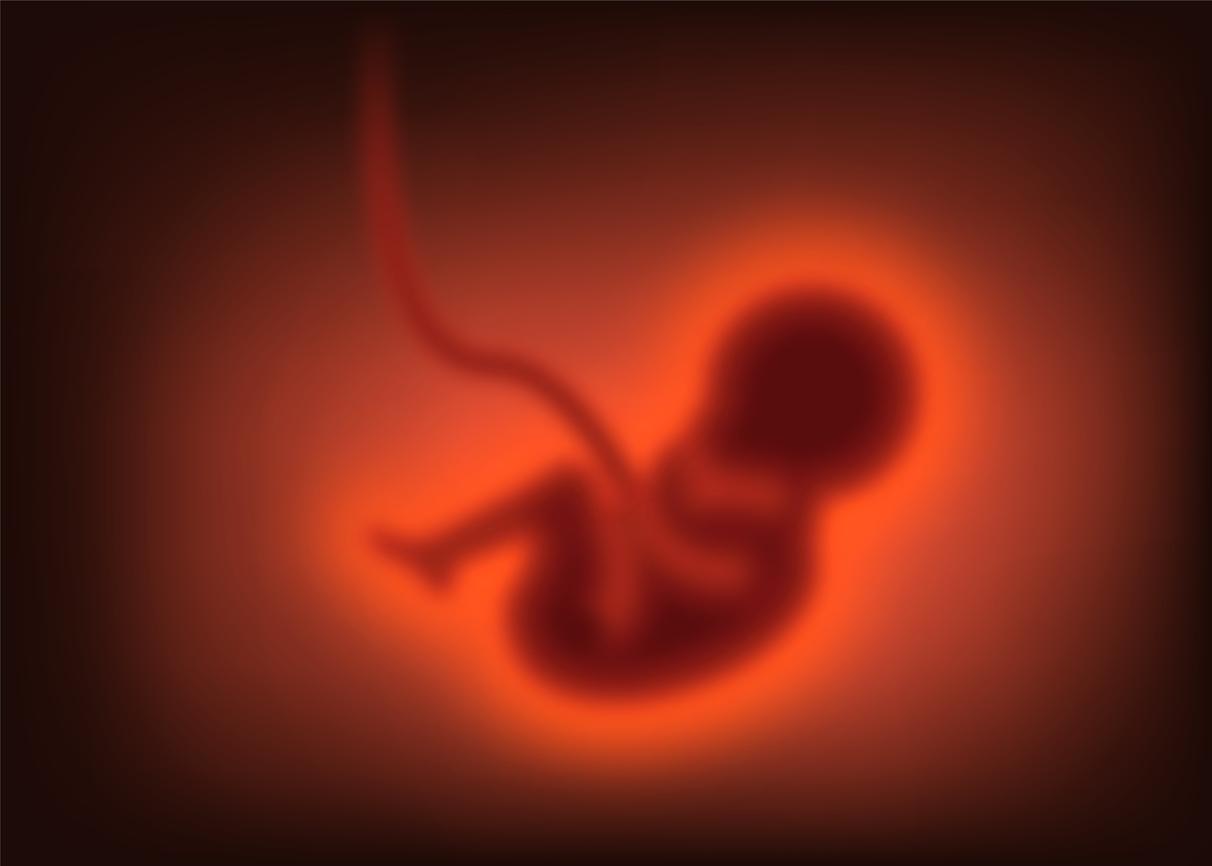Pregnant women would not be exposed to fetal red blood cells at a high enough level to be sensitized to the Rhesus factor during the first trimester.

- Rh factor is a protein, which may be absent or present on the surface of red blood cells depending on the genes a person inherited from their parents.
- A pregnant woman is said to be sensitized to the Rh factor, when her body has been exposed to a new antigen, released by the fetus, and produces antibodies to “attack” it.
- This sensitization occurs after 12 weeks of pregnancy. Thus, “prophylactic doses of Rh immunoglobulin administered during the first trimester are useless.”
Red blood cells contain proteins called “antigens” on their surface. Among these proteins, we find the Rhesus factor. Its presence (Rh positive) or absence (Rh negative) in a person depends on the genes they inherited from their parents. During pregnancy, the Rhesus factor is checked through a blood test. If the mother’s test is negative and the fetus’ test is positive, this can lead to health problems. In detail, at some point, the pregnant woman’s blood is exposed to the new antigen, causing an immune response from the body, known as “Rh sensitization.”
Maternal immune response can lead to anemia and hemolytic disease in the fetus
When this immune response occurs, fetal anemia can develop, requiring blood transfusions at birth or, in some cases, before delivery. In a small number of cases, fetuses could develop fatal hemolytic diseases. To prevent these immune responses, doctors prescribe Rh-sensitized pregnant women prophylactic doses of Rh immunoglobulins to “stop” their immune systems from reacting to Rh-positive fetal red blood cells.
“Rh sensitization is not a bad outcome in itself. If a person is sensitized during their first pregnancy, it only becomes problematic if they have a second pregnancy and the fetus is Rh positive and there is has a high enough concentration of fetal red blood cells in the pregnant person’s blood to then cause an immune response”, said Sarah Horvath, assistant professor of obstetrics and gynecology at Penn State College of Medicine, in a statement.
In pregnant women, “Rh sensitization occurs after 12 weeks of pregnancy”
In a recent study, the researcher and her team wanted to determine whether the first trimester of pregnancy was too early to treat Rh sensitization. To carry out the work, published in the journal JAMA, scientists collected blood samples from 506 pregnant women less than 12 weeks old. Then they analyzed them for the presence of fetal red blood cells, which typically travel across the placenta to circulate in the mother’s blood seven weeks into pregnancy.
According to the results, none of the participants had a high enough fetal red blood cell count to be sensitized to Rh. “We can now say with certainty that Rh sensitization occurs after 12 weeks of pregnancy”, said Sarah Horvath. Thus, the authors believe that it is appropriate to change the approach to preventing Rh sensitization. “Our study shows that some prophylactic doses of Rh immunoglobulin administered during the first trimester of pregnancy are unnecessary. By retaining this product, we can save money for patients in higher-resource countries and provide treatments to lower-resource countries. weak”, concluded the researcher.

















